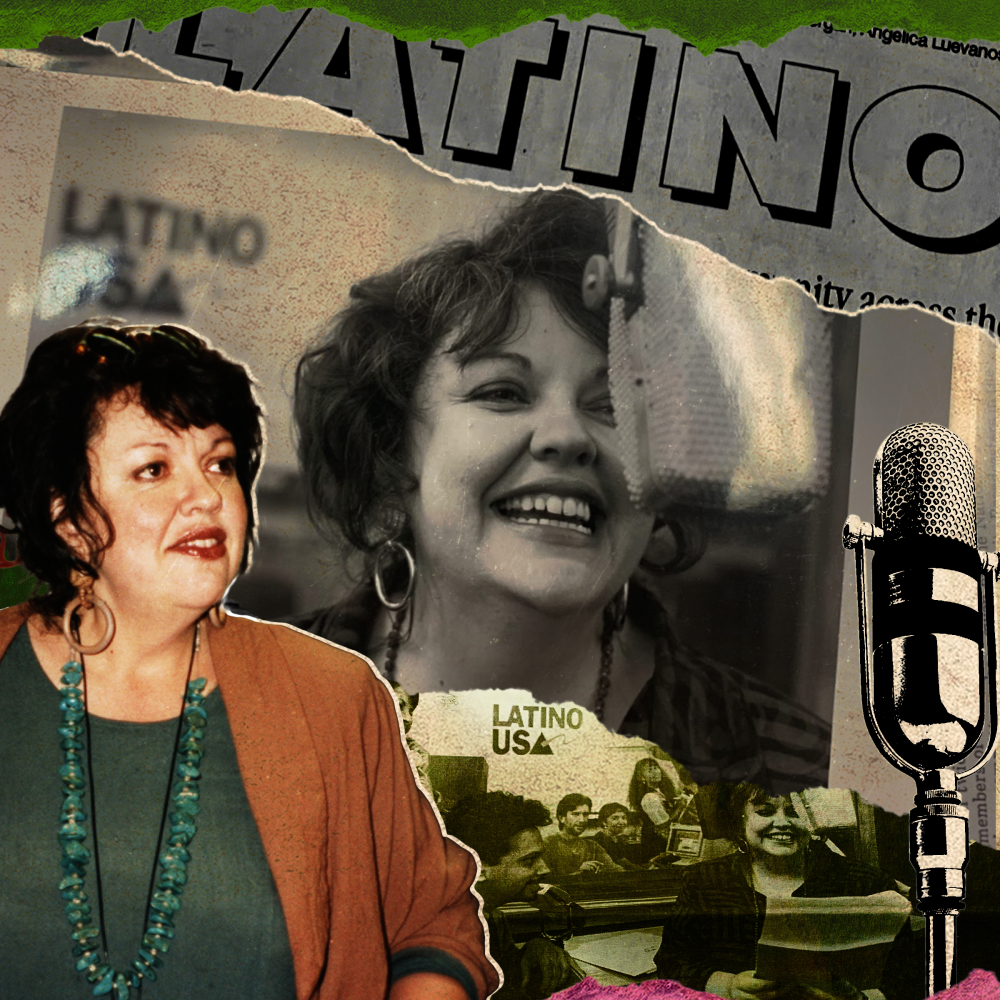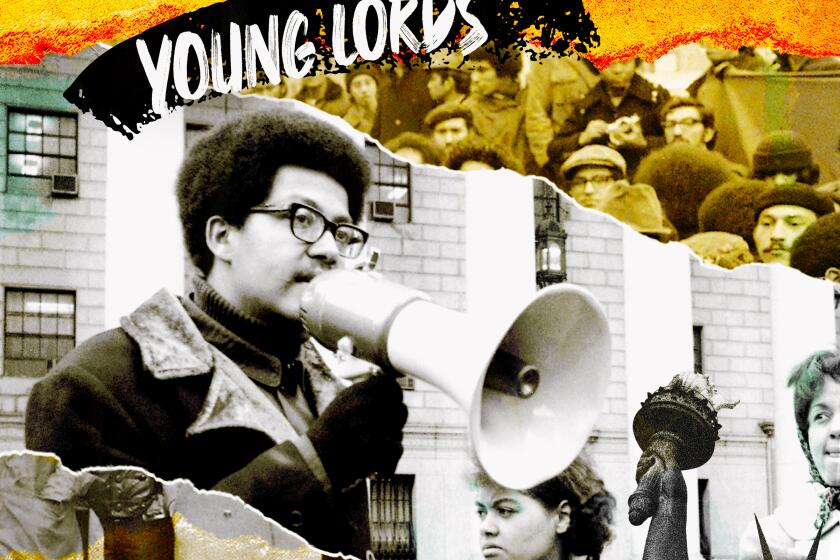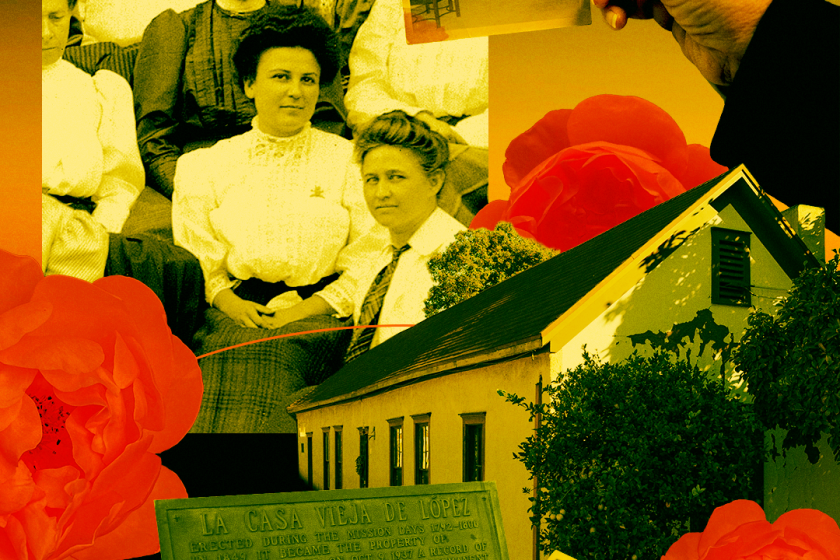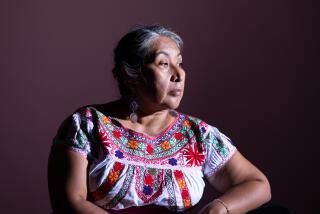
- Share via
Radio trailblazer Maria Martin died Saturday at the age of 72 following a recent medical procedure.
Throughout her five decades as a journalist, Martin centered Latino voices both in the United States and Latin America. She covered politics and Indigenous communities in Central America, and mentored reporters.
Martin was born in Mexico City and raised in California. She was part of the group Mujeres por la Raza that formed at Sonoma State University in 1975. They were invited for an interview at KBBF, the first bilingual radio station in the U.S.
The Chicana group was later asked to host a weekly show on Friday nights called “Somos Chicanas,” which officially launched Martin’s career in radio.
Decades’ worth of archives of CCNMA: Latino Journalists of California — known as the oldest Latino journalist association in the U.S. — have been acquired by the USC Libraries.
“[We] did have an agenda, which was to allow the women listening to the radio to access information they might not have access to through other means,” Martin shared with “Latino USA” on their 30-year anniversary.
Opportunities increased for minority voices in media as a result of the civil rights movement, and Maria found herself at the forefront of public radio. She became an editor for NPR’s short-lived “Latin File,” and later NPR’s first and only Latin American affairs editor on the national desk.
NPR correspondent Mandalit del Barco first worked with Martin on NPR’s “Latin File” and considered Martin her “radio godmother.”
“I saw her work her magic by inspiring other journalists and she always wanted to get the truth out, do it right and with respect,” del Barco said. “She had this gentle way about her that was really beautiful. She was a real inspiration.”
Renowned New York City reporter Pablo Guzmán, 73, died of a heart attack Sunday morning.
In 1992, Martin left NPR and was approached by the Center for Mexican American Studies at the University of Texas to create a Latino-oriented news program.
“[We] could do a really good job. But we had to be the ones in charge. We had to be the ones with editorial control,” Martin shared with “Latino USA.”
As a result, “Latino USA” was formed; it is now the longest-running Latino public radio program in the U.S. However, in the early 2000s Martin was reportedly forced out of the show.
Martin then relocated to Antigua, Guatemala, to produce a 26-part bilingual radio documentary series where she chronicled the lived experiences of Central Americans a decade after the wars.
In 1937, the U.S. Department of the Interior certified that La Casa Vieja de Lopez Adobe in San Gabriel was worthy of preservation for its historic and architectural interest.
While in Guatemala, she founded the GraciasVida Center for Media, a media advocacy program that trains independent journalists across the Americas.
Martin had spent the last decade training rural and Indigenous journalists in Guatemala, Bolivia and Nicaragua, and improving the coverage of Central America on U.S. public radio. She most recently covered the presidential election in Guatemala for NPR in July.
In 2015, Martin was inducted into the National Assn. of Hispanic Journalists Hall of Fame. Throughout her lifetime, she was also awarded prestigious fellowships, including a Fulbright, the John S. Knight Professional Journalism Fellowship at Stanford University and the Reagan-Fascell Democracy Fellowship granted by the National Endowment for Democracy.
In her 2020 book “Crossing Bridges: A Journalist’s Heart in Latin America,” Martin shared her obstacles in overcoming racism and sexism, and her vision for the next generation of Latino journalists, particularly women.
Her organization, GraciasVida Center for Media, writes that Martin died in a “peaceful” and “beautiful way.”
More to Read
The Latinx experience chronicled
Get the Latinx Files newsletter for stories that capture the multitudes within our communities.
You may occasionally receive promotional content from the Los Angeles Times.










